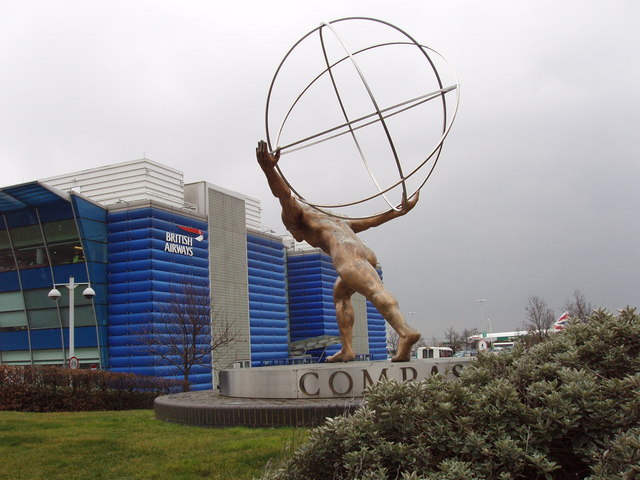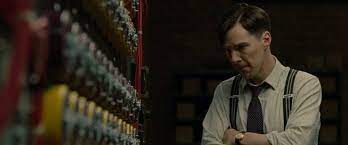What is it with these giant corporations? Why don’t they provide an address you can write to or could give to a taxi driver . . .
For example, the friendly letter from Thames Water inviting me to extend my permit to use a hose pipe had obviously been written by someone who knew many of the recipients wouldn’t know how to use ‘online’ and it gave a phone number. But none of the options offered by some robot fitted. They never do. I gave up and prepared to write a letter back. But there was, of course, no street address.

This mattered less than not having been able to reply to the long and effusive apology I got, online, from British Airways after complaining about failures in their Assisted Travel programme. I have no idea how to collect the £100 voucher intended to compensate me, but I could have given it to a friend. And they could surely have guessed, knowing my age, that I was unlikely to be doing much more flying and wouldn’t choose British Airways if I did.

As if it wasn’t frustrating enough that so many of the organisations we have to deal with don’t let us know where they are (presumably because they don’t want letters arriving in their soulless, paperless offices), worse still is the alternative they offer – the dreaded options – to those who are not computer savvy, or who (imagine that!) don’t even own a computer and have to use the phone.
In ‘the old days’ options were not primarily a list of random possibilities delivered by a mechanical voice that one has to sit through before being either cut off or, if lucky, transferred to ‘an adviser’, but a word used either in business dealings (as it still is) or, as in my world, having to do with meaningful choices.
‘Keep your options open’ was, for instance, every parent’s appeal to a teenage son or daughter ready to throw everything up to follow some passing enthusiasm or extravagant whim.
More serious were the options – the choices – that could present themselves in adult life. How, I wondered, had Alan Turing dealt with the stress of knowing every single day that, having cracked the ‘Enigma’ code, alerting more than one target would risk the enemy realising that we had gained access to their plans. Like the thoughts that must go through the minds of those who take their own lives – To be or not to be: those are the options – life and death decisions.*

But to end on a lighter note, though this too is a war memory: my father chose the option of sleeping upstairs while my mother slept with us under the kitchen table. ‘No Jerry,’ he said, ‘is going to get me out of bed.’**
Nor did they.
* See that brilliant film The Imitation Game, made in 2014, but still easily available.
** Disappointed at being too old, this time, for active service, my engineer father spent the early years of the war in Yorkshire, working on the Lancaster bombers which were manufactured there. But got back to London (with us) in time for the V2s and the buzz bombs. He was now doing a desk job at the air ministry which morphed, at the war’s ending, into turning the aluminium used in the manufacture of planes into the building of prefabs. Many are still lived in today and I often wonder why more are not being erected to house today’s homeless.